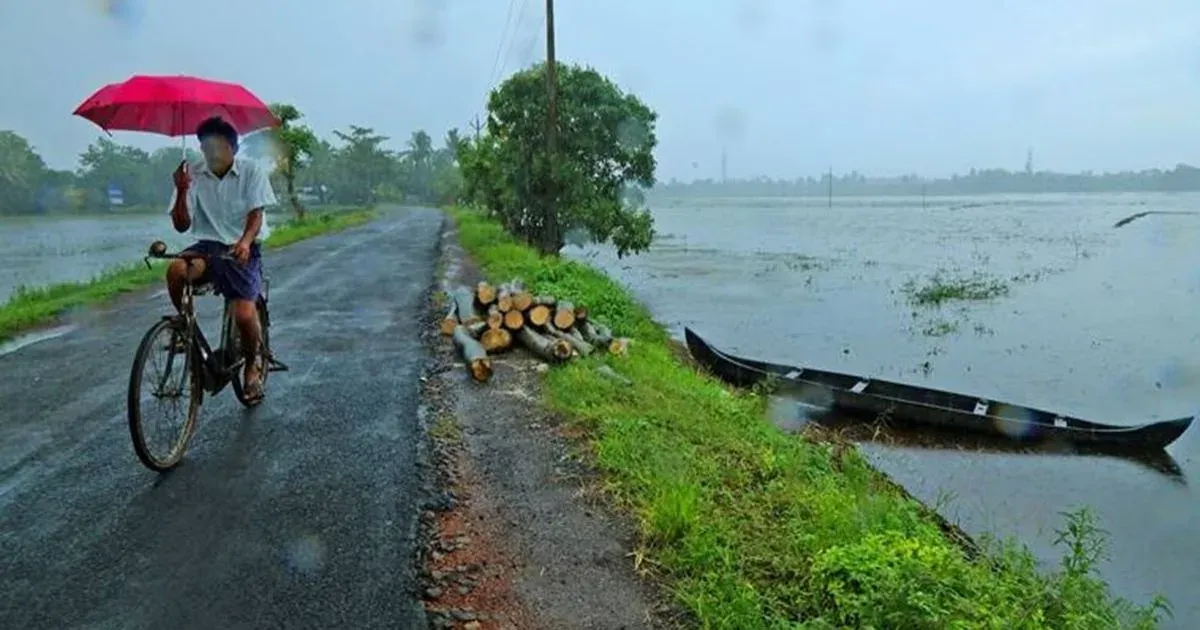 With several thousand people losing their lives and property worth crores of rupees being destroyed, the Nepal earthquake has left behind a trail of destruction. What is more frightening is that the aftershocks of the quake are still being felt. According to a data available with Skymet, over 50 aftershocks have been felt in Nepal and parts of India in last two days. And the fear of some more aftershocks remain.
With several thousand people losing their lives and property worth crores of rupees being destroyed, the Nepal earthquake has left behind a trail of destruction. What is more frightening is that the aftershocks of the quake are still being felt. According to a data available with Skymet, over 50 aftershocks have been felt in Nepal and parts of India in last two days. And the fear of some more aftershocks remain.
The common man might feel that so many aftershocks after an earthquake are unusual, but geologically talking this is a general pattern observed. According to weathermen at Skymet, aftershocks can keep taking place for months and sometimes years. However, the intensity of the aftershocks are light and therefore the impact is not felt.
It is to be noted that any major earthquake taken place anywhere does not happen again in the same region for at least 50 years. This is the pattern observed by geologists across the world.
When an earthquake occurs, huge amount of energy is released. Sometimes the energy is not released in one go and it takes a long time to settle down, which is why aftershocks keep happening. For instance the first quake that shook Nepal on Saturday was measured at 7.9 on the Richter scale, while the second and third were of 6.7 and 4.6 magnitude, respectively. Many light tremors were felt in the region thereafter.
The entire Himalayan belt is 2,500 kilometer long and falls under the seismic zone category 5, which is of highest kind. The foothills and the entire gangetic plains, including Delhi NCR fall under category 4 of the seismic zone. This is why the region is often hit by such calamities.
Picture courtesy: nbcnews.com

















